David Houle is a Futurist. He looks at what we know, and extrapolates that information forward, to help us all think about the future.
He describes our current moment as the “Shift Age”: a period of rapid transformation and integration. Change no longer happens on a linear scale, but on a dramatic upswing. Progress in this era has all to do with being prepared for the shifts ahead.
We spoke with him at length about his projections for how education—and the world—will change in the coming decades.
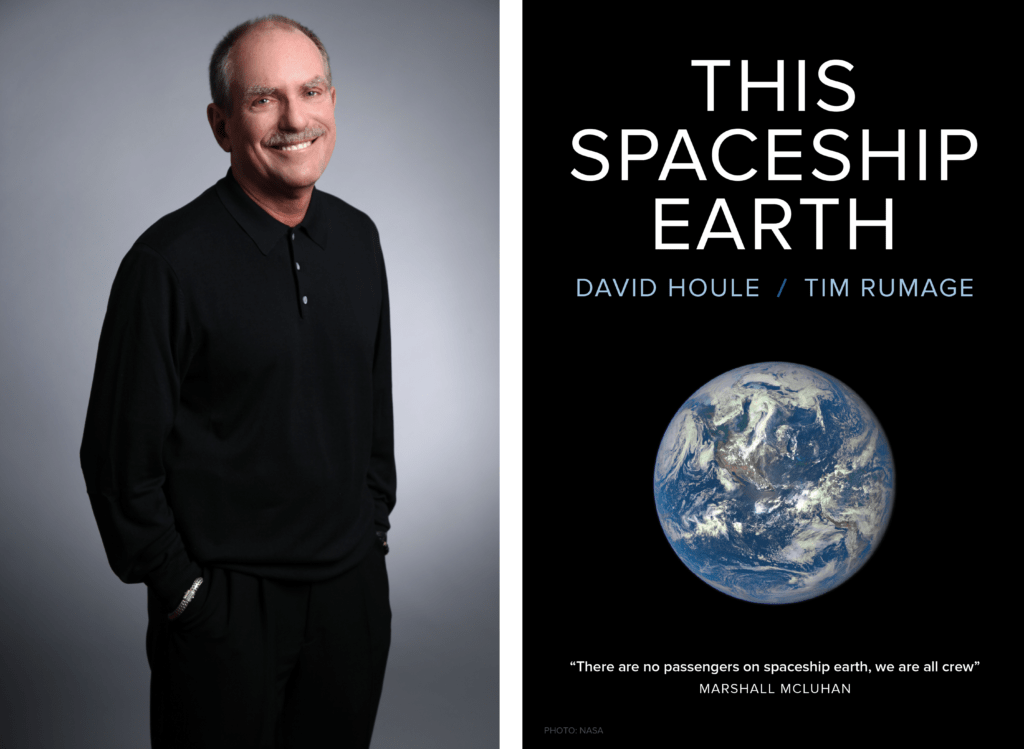
What does it mean to be a Futurist?
It means several things to me.
First, I am a catalyst to get people to think about the future and then to facilitate a conversation about it. Most people do not really think about the future. They think about their personal plans and goals or they are often led by media to think that the future is dire and dangerous. What I always emphasize is that the only constant in the universe is change, so to be fearful of change, while natural, prevents one from openly adapting to and embracing change.
Second, as a futurist I feel it is my obligation to be accurate in any forecasts I make. It is my professional duty to be as correct as I can be. I have chosen to focus on being highly accurate about general—and industry-specific—trends up to five years out and very accurate about general trends up to ten years out. Since my first book The Shift Age came out in 2007, I have stated that the speed of change has accelerated so much in the last few decades that we now live in an environment of change. It is no longer a linear acceleration.
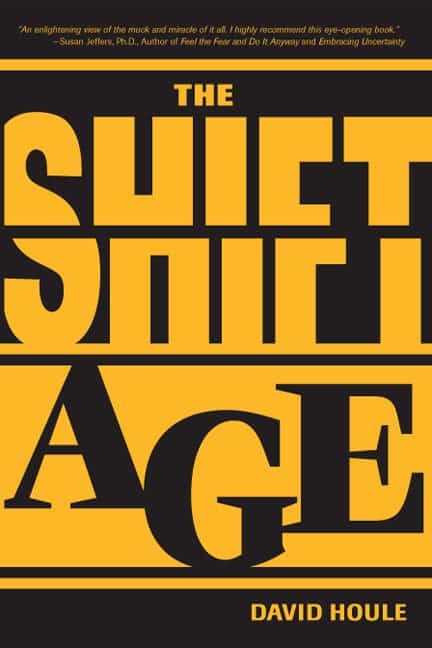
This is why talking about the 2030s or 2040s—on any topic other than Climate Change—falls into the area of speculation. There are so many major trends, everything is accelerating, and there are so many big variables that talking about what the world will look like in 25 years must be looked at only in terms of hypothetical possibilities.
I believe that I am the only futurist who has posted many of my forecasts when I made them on my web site davidhoule.com. It is standing on my long-term accuracy that has made me a globally known speaker and thinker.
How did you become a futurist?
All my life I have been fascinated by what comes next. In 1980 I was the top salesperson at CBS TV in Chicago when I got a call to see if I wanted to join a small but growing team of people launching MTV. At the time I thought that the two most powerful influences in popular culture between 1960–1980 had been TV and Rock and Roll, so my thinking was that this had to work. At that time cable was in only 10% of TV households and no one had ever thought of music videos, so everyone told me I was nuts and would soon be back to selling network time. In addition I took a 50% pay cut. Then I ended up leading ad sales for MTV, CNN and CNN Headline News (“a 24 hour cable TV channel, that will never work”). Then in the late 1990s I was Managing Director of a dotcom startup that was creating online courses. Another idea I was told would never happen.
So I have consistently been right about the next big thing or trend. Finally, after a profound experience at Berkeley of delivering a keynote speech and follow-up Q&A to the top tech officials for the higher education system of California, I finally realized that being a futurist was my calling and also my highest value to the marketplace and the world.
Being a futurist implies a sense of linear time, that there is a past, a present and a future. Is that how you see time?
That is the paradox of what I do. From a Buddhist point of view, the only time is now, the present moment. That time is an endless sequence of now moments. In fact, I have stopped wearing a watch so I can take at least a partial step back from a consciousness of linear time, which is just one sense of time.
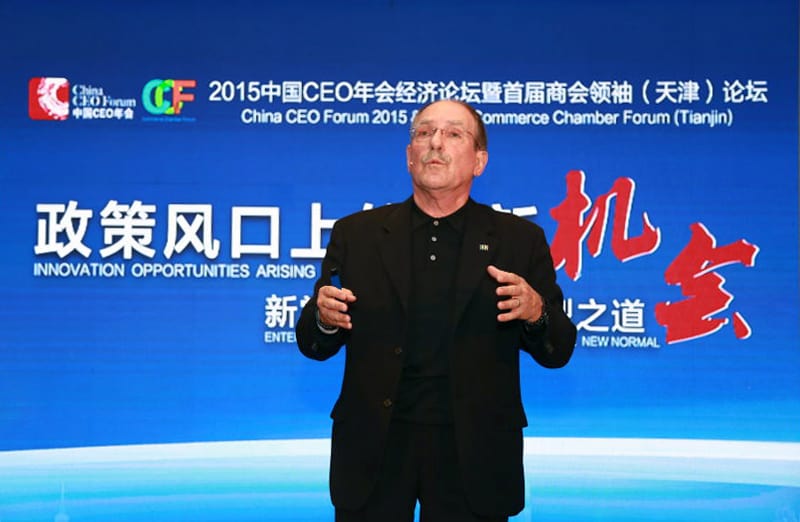
The future can be seen and thus forecast by combining several variables. First I have to look at the larger dynamics over a long period of history and then more recent trends of the past few years or decades. Then I have to see the force and influence of these trends to the current moment. Then I cast it forward to shape a clear view of what is to come. Doing this with deep intent, research and focus on a constant basis is what I do every day, all the time. I am always casting things into the future based on how the past has shaped the present, so it will provide a glimpse into the future.
I think that in ages before linear time, such roles were played by visionaries, seers, prophets and medicine men. That is one of the reasons I am always suffering jokes about where my crystal ball is. Heard that one probably 500 times!
You are associated with terms like Shift and Transformation. Why and what are these terms that describe what is going on in the 21st century?
Following my speech at Berkeley I reflected on what was going on in the world. Dr. Alvin Toffler, the great futurist, had deeply affected my thinking relative to humanity going through various ages: Agriculture, Industrial and Information. For the vantage point of 2005 I realized that the Information Age had gotten its name in the early 1970s and that since then five truly significant things had happened: the end of the Cold War, the beginning of the Global Economy, personal computing, the Internet and cellular technologies. These five developments alone meant that we would be entering a new age.
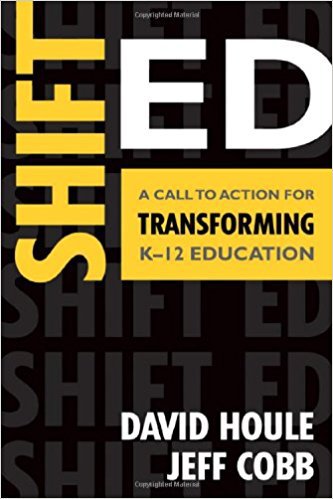
After a lot of research I became convinced that a new age was beginning around 2006–7 and that it would be about everything undergoing dramatic shift. So I called it the Shift Age, which was the name of my first book, published in 2007. My view was that this Shift Age would last for 25-35 years and would be a time when everything would shift to a new reality. That the Shift Age would be the disruptive transition between what was and what will be.
Then on 01/01/10—interesting digital date—I called 2010–2020 “The Transformation Decade.” The dictionary definition of the word ‘transformation’ is “a change in nature, character, shape or form.” So, starting in 2010 I started to advise CEOs (my largest audience segment at that time) that if they didn’t change the nature, shape, character or form of their companies, they may not have one in 2020. This became a more powerful metaphor than I had even imagined.
If you look at the decade we are now in, the only words that work are transformation and disruption. In fact I always say in my speeches that the word ‘innovation’ was a word of value in the 1990s but totally out of date today. Innovation now only means iterative change. Uber, AirBnB, Amazon, Google are all in the business of totally disrupting existing business models.
In the realm of education, we have entered a era of total disruption to the centuries old model of higher education. That is why I am so impressed with what Kadenze is doing. You are exactly facing the future of higher education. Bravo!
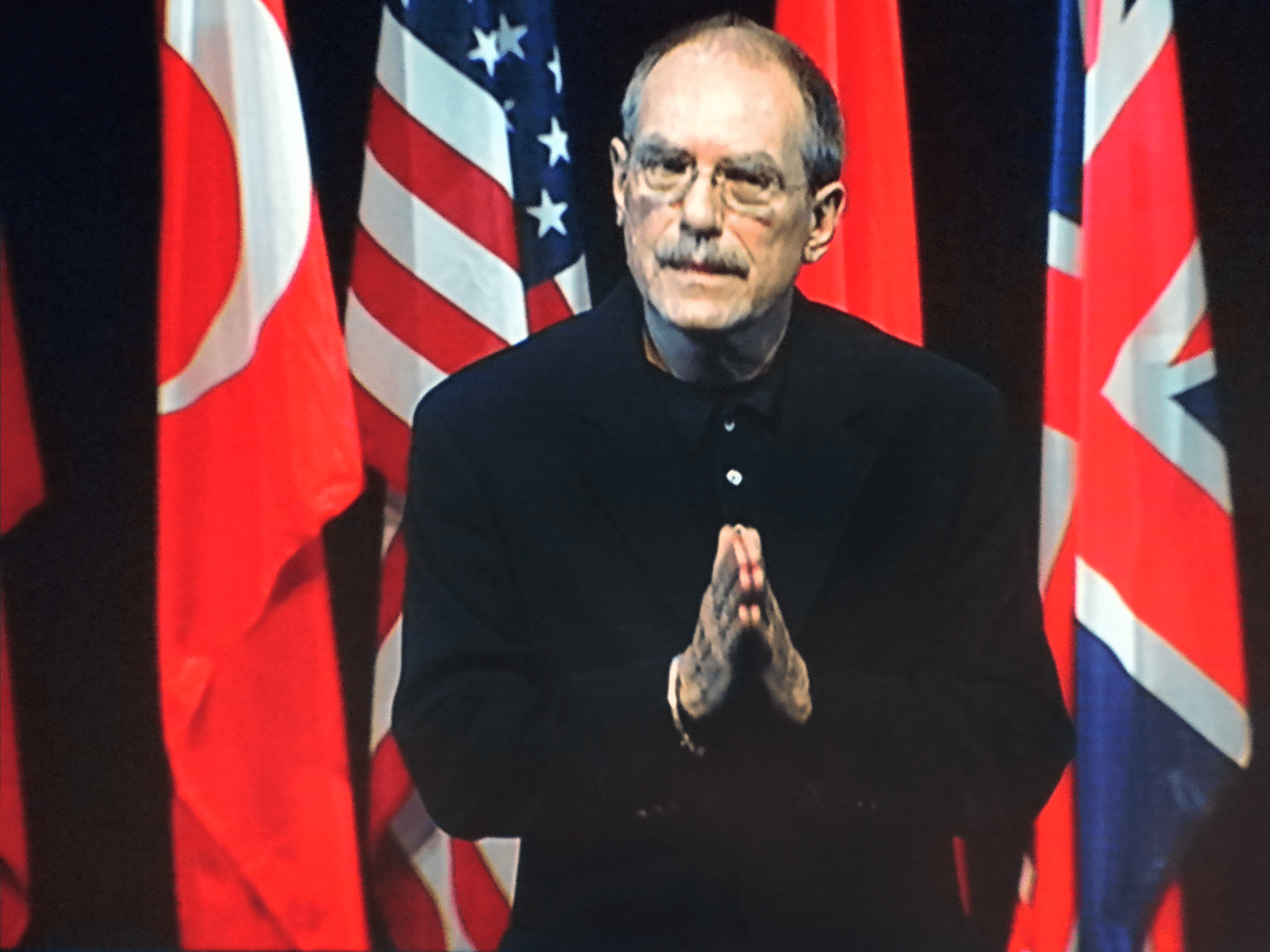
So what is your vision for the future of education?
Simply put, to reinvent the structures, timelines and methods of teaching and matriculation towards degrees.
The model of a single person standing in front of a group of students dispensing information and knowledge is a 400-year model. Think of anything else as important as education that still largely resembles what it was in the 1700s, 1800s or even the 1900s. It doesn’t exist except as a historical artifact.
In the 21st century online courses have become an important and integral part of higher education. The laggard here has been art and design colleges as they largely teach craft, technique and creativity. Those colleges have the trade guilds of the 1600s as their model. It is why they lag behind other categories of higher education in the move to online courses. That is what thrilled me when I heard Ajay Kapur’s presentation at the AICAD conference last November. Finally I thought, someone has cracked the code so that art and design institutions can move into the 21st century.
Other than online courses, what else will constitute the future of higher education?
Having a global awareness. I fully believe that education, as most things in the Shift Age, is moving towards global models and integration. We are now, and forever more, living in the global stage of human evolution. So education will follow suit. That is what I like about the partners you already have, they are from around the world.
Think about it. Many colleges and universities have a place in their name, whether it is a state or a city. Place-based education worked when humanity was not connected. Now that we are, we are moving to a space based education. Humanity is moving from a place- to a space-based consciousness.
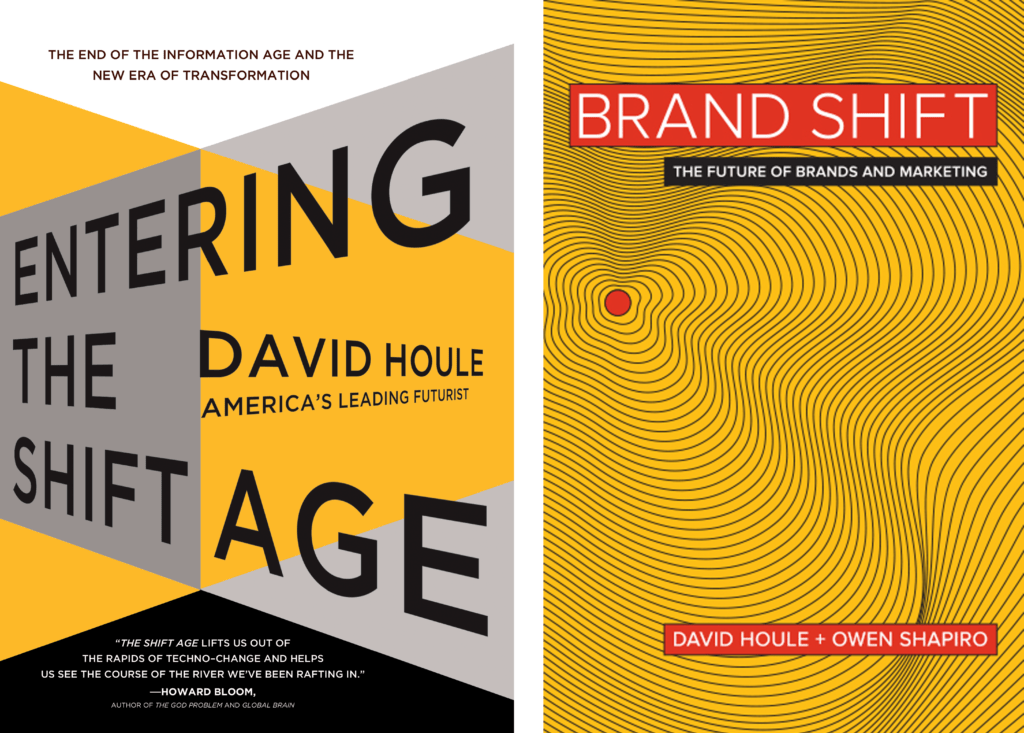
Are there any other major changes you see ahead for educators and educational institutions?
Life long learning. The old model of ‘just in case’ education for young adults is totally out of date. Humanity is about to experience a complete restructuring of markets, economies and what work means because of artificial intelligence and machine learning. College graduates today are correctly told at commencement that they will have 4–6 careers in their lifetimes, half of which don’t yet exist. Think about that.
How can humanity, society and the global economy continue forward without constant learning throughout a lifetime? My favorite quote on this is from the great Dr. Alvin Toffler:
The illiterate of the 21st century will not be those that cannot read or write, but those that cannot learn, unlearn and relearn.
Any final thoughts?
The next two decades, the period from 2017–2037 will be the most disruptive, transformative period in human history. “Reality” as we know it will completely change. This 20-year period will be the threshold between what was and what will be. Creating change and embracing change is what those that want to stay involved must do. We are about to enter a new stage of human evolution.
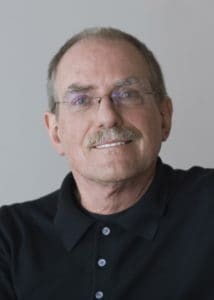
David Houle is a futurist, thinker and keynote speaker. He has keynoted numerous conferences across the country and internationally. In the last nine years, he has delivered 750+ presentations and keynotes on 6 continents and 14 countries. He is regularly invited to speak at corporate management retreats. Houle is Futurist in Residence and Guest Lecturer at the Ringling College of Art + Design in Sarasota, Florida. On a recent trip to China, he guest lectured at Beijing University, China’s top University and at SINOPEC, China’s largest company and the second largest company in the world. He is Honorary President and Futurist of the Future Business School of China. Learn more at davidhoule.com
